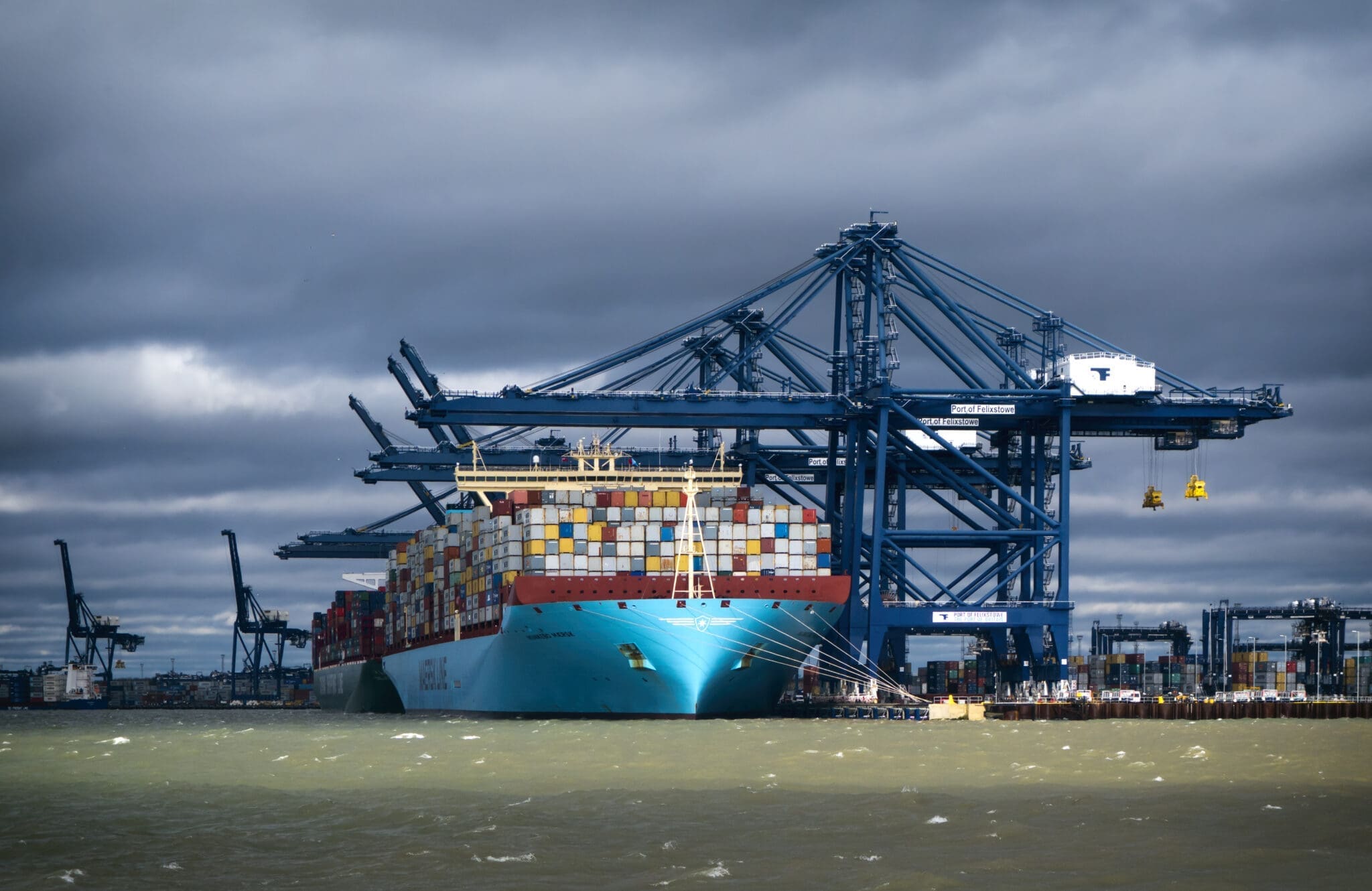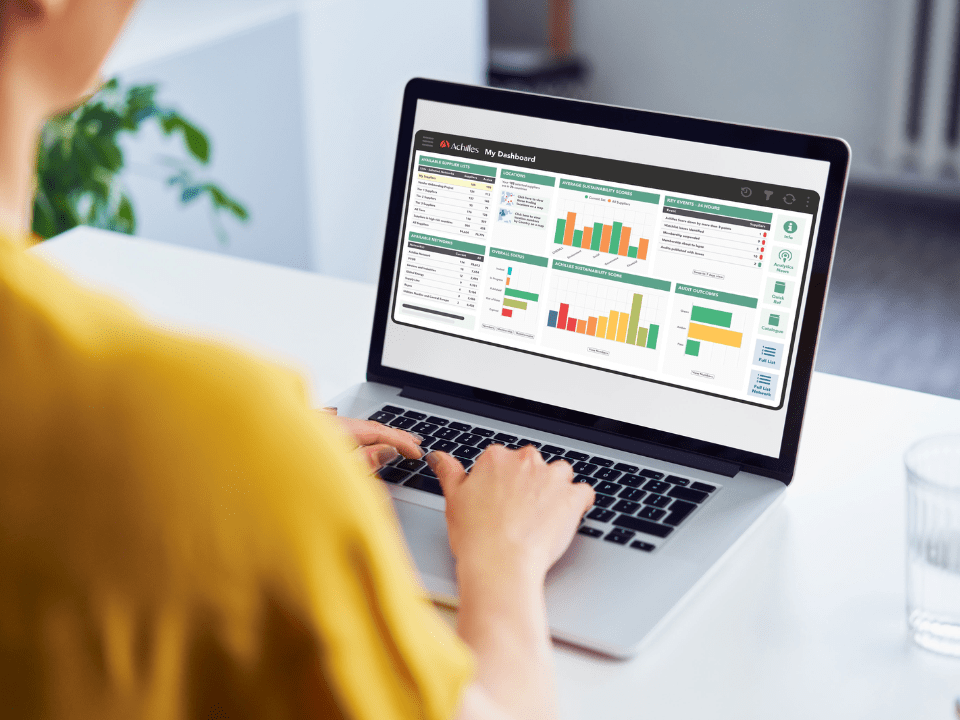The Corporate Sustainability Reporting Directive (CSRD), which came into force in January 2023, marks a pivotal moment in how businesses assess and report their environmental and societal impact. While primarily aimed at EU-based companies, CSRD’s extraterritorial reach means that many non-EU multinational corporations, including those in emerging economies, are also feeling the pressure to step up their sustainability game.
Understanding who’s affected
The CSRD introduces a new level of transparency and accountability, requiring companies to disclose detailed sustainability information in line with the European Sustainable Reporting Standards (ESRS). This affects not only large EU-listed companies but also non-EU companies with significant EU-based activities or subsidiaries. The CSRD will be phased in gradually.
The CSRD applies to:
- Large EU-listed companies subject to the outgoing EU non-financial reporting rules: These will need to start reporting in 2025 for the 2024 financial year.
- Large EU companies and listed SMEs in the EU: They will follow in subsequent phases.
- Large non-EU companies with significant EU presence: They’ll need to comply by 2029 for the 2028 financial year.
Understanding the Preparedness Gap in Developing Economies
The World Benchmarking Alliance examines the world’s 2000 most influential companies, known as the SDG2000. These 2,000 companies hold dominant positions in their respective industries, with operations and supply chains spanning the globe. Among these, 734 are headquartered in emerging and developing economies. Of these, at least 42% (310) companies are in the scope of CSRD. Given the number of companies in the dataset which have a global footprint but for which insufficient data was found, more than 50% will likely be in scope. These findings do not indicate in any shape or form that a deluge of non-EU companies from developing economies will be in the scope of the CSRD. Instead, they reveal that the SDG2000, given its focus on the most influential companies globally, is a suitable tool to analyze the impact of the CSRD on emerging and developing economies. The preparedness level varies across industries, with 16% (six out of 36) of in-scope oil and gas companies from developing markets showing an appropriate level of reporting, a comparable percentage to the food production companies (four out of 24) and a few other industries. The percentage is particularly striking when looking at banks and other financial institutions, with only three out of 35 banks (8.5%) and none of the different financial institutions in scope showing an adequate level in their sustainability disclosures.
Why the lack of preparedness?
- Newness of sustainability reporting: Many companies in developing economies are new to the concept of detailed sustainability reporting.
- Resource constraints: Limited resources and expertise may hinder their ability to comply.
- Data collection challenges: Gathering the necessary data across complex supply chains can be difficult.
Why Preparedness Matters
The CSRD aligns with global sustainability goals and investor expectations. Companies demonstrating strong ESG (Environmental, Social, and Governance) performance often enjoy:
- Enhanced Reputation: Increased trust and credibility with stakeholders.
- Competitive Advantage: Attracting environmentally and socially conscious consumers and investors.
- Risk Mitigation: Identifying and addressing potential environmental and social risks in the supply chain.
- Cost Savings: Improved resource efficiency and waste reduction.
Become a CSRD Champion with Achilles
- Navigating the CSRD can be daunting, especially for companies new to comprehensive sustainability reporting. This is where Achilles comes in. As a global leader in supply chain risk management, Achilles offers a comprehensive suite of solutions to help organizations achieve CSRD compliance and thrive in this new landscape:
- Risk Assessment and Mitigation: We offer comprehensive risk assessment tools and methodologies to identify and assess potential environmental and human rights risks within your supply chain. Through our partnership with the anti-slavery charity Unseen, we bring deeper insight into the presence of modern slavery in the supply chain. By utilizing data from the Unseen Modern Slavery Helpline, our Labour Practice Audit team provides customers with greater visibility into reported cases of exploitation and modern slavery, offering a deeper understanding of issues that may be present in their supply chain.
- Supply Chain Transparency: Our solutions provide deep visibility into your supply chain, ensuring transparency and accountability across all tiers. With our unrivaled supply chain risk assessment, on-site supplier auditing, ESG scoring, and reporting services, you can identify and address potential risks while demonstrating compliance with the CSRD. This transparency gives you a sense of security and control over your supply chain.
- Sustainable Supply Chain Development: Leveraging over 30 years of experience, our solutions help companies develop robust frameworks, gather data, and streamline ESG reporting across operations, including supplier engagement. Achilles empowers businesses to achieve their ambitious sustainability goals and confidently demonstrate compliance. Our network approach fosters a collaborative ecosystem between major players, smaller businesses and startups, promoting and improving sustainable supplier management practices and enabling companies to improve their sustainability scores by up to 47%.
- Compliance and Reporting: We provide guidance and support to ensure your due diligence processes meet CSRD requirements. We help you collect and analyze data, generate comprehensive reports, and demonstrate compliance with the new regulations.
While compliance may seem challenging, it also presents an opportunity for companies to enhance their sustainability performance, build resilience, and gain a competitive advantage. By proactively addressing the CSRD’s requirements, companies can demonstrate their commitment to responsible business practices and contribute to a more sustainable future.


